Organisations we regularly feature on our site
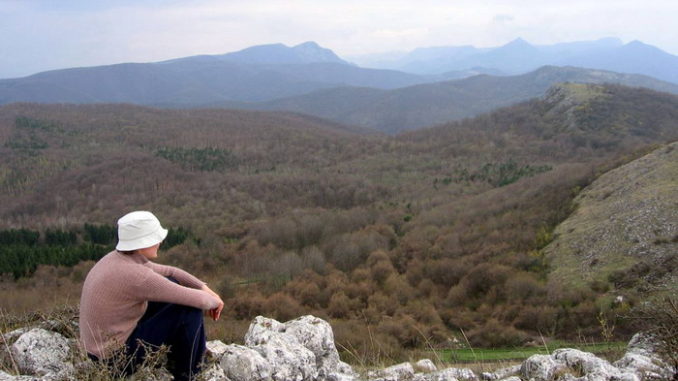
Farm Succession in Romania – where are the new custodians?
How will sustainable agroecological methods get to get passed on, as peasant farmers age? […]
Organisations we regularly feature on our site

How will sustainable agroecological methods get to get passed on, as peasant farmers age? […]
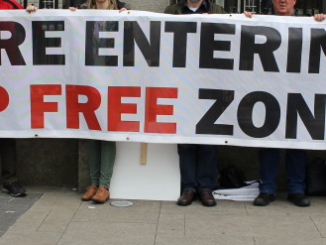
Across Europe, TTIP and CETA free zones are being established. Ramona Duminicioiu of Eco Ruralis tells us about Romania. […]
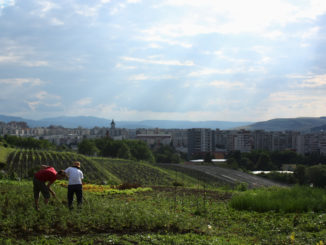
Are Gene Banks a solution in a world of agri-biodiversity decline, or museums of seed diversity? | ARC2020 […]
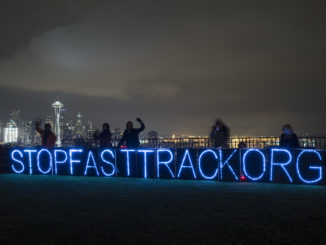
On June 29th US president Barack Obama signed Fast Track, better known as the Trade Promotion Authority. This follows the vote on 23rd June – by the narrowest of margins possible – in the US Senate to approve this controversial procedure. […]
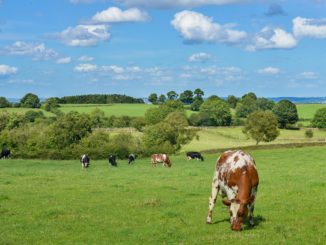
While global issues inevitably influence milk price and dairy farmer viability, the end of the EU’s milk quota regime has made it especially challenging for small to medium sized dairy farmers to survive. Milk prices are below 30 cents per litre in many countries. Small to medium sized producers inevitably suffer with such a sudden price drop. For some, increasing acreage and expanding production by going further into debt is the only solution. But this is only a solution for the few, while also having social, environmental and economic consequences for Europe, and rural Europe in particular. According to the Milk Market Observatory’s milk market bulletin from June 2015 “The weighted EU average farm gate milk price decreased in April 2015 by 0.8% to 31.3 c/kg, which is 18% lower than in April 2014 and 6% lower than the average of the last 5 years.” Developments in China and the Russian food embargo have also shaped the price drop. As the Western Daily Express reported on 10th June, this crisis has an impact on real people. Mark Oliver, […]
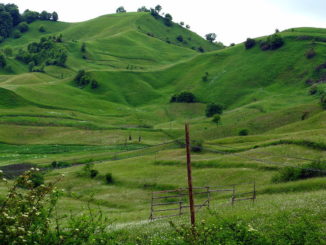
After Communism, there has been an understandable suspicion of co-ops in Romania. Nevertheless, there are some, and farmers are benefiting. […]
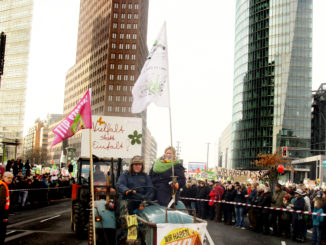
ARC2020 UPDATE and Comment 28/05/2015 According to leaked EU Commission documents mandatory origin labeling for food will not be introduced. While there is already a voluntary label on mainstream meat products, both milk products and other meat products (such as “horse meat, rabbit and game”) will also only be eligible for the voluntary label. There will be no mandatory label for any meat or milk or processed foods now, according to the ViEUws report, because this would lead to “higher operating costs and a hike in food prices…it would also “disrupt cross boarder trade and increase costs”. So, reports ViEUws, the EU is likely to keep this labeling as Voluntary. (See at 5 mins 51 sec in the recent ViEUws Brussels Briefing at end of this post). This is remarkably similar to the language and reasoning of the WTO, as outlined below by Shefali Sharma. This also points to significant regulatory harmonisation, a form of ISDS by the back door. Article by Shefali Sharma of IATP. On May 8th, President Obama told a crowd in Oregon: […]
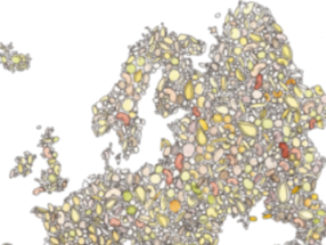
With UK elections coming up tomorrow, Joseph Dodd of GMO free regions explains the party positions on GM. […]

A combination of objective reality and strident direct action has seen fracking fade into oblivion in much of Eastern Europe. Good news for the rural areas where much of this would have occurred. […]
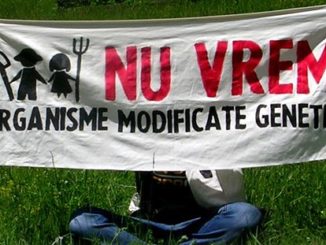
With the GMO free regions event in Berlin on right now, Ramona Duminicioiu assesses GMOs in the EU and Romania
[…]
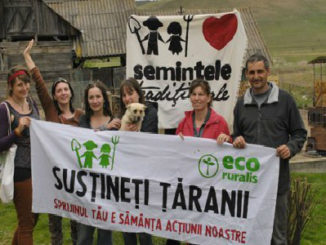
Eco Ruralis take the global local in Romania for peasants and against TTIP. With Laetitia Nourry […]
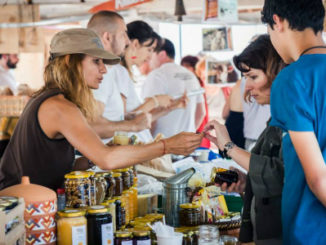
Another way to do food is possible. And its here. Friends of the Earth Europe’s “Eating from the Farm – the social, environmental, and economic benefits of local food systems” show us inspirational examples of where you can shake the hand that feeds you, all around Europe. This new publication explores the many myriad benefits of short food supply chains, and how they function in few countries in the EU. It “features five case studies which illustrate different ways in which communities are finding more sustainable ways to produce and consume food with benefits for all” FOEE say about the publication . They continue “The methods vary, but the outcomes are the same: control of the food system is being taken back by small-scale, sustainable farms and food enterprises from large-scale industrial businesses that dominate the market today putting profit ahead of well being for people and planet.” The milestone of more urban than rural dwellers reached globally as long ago as 2007. This, coupled with a the twin demands of the sustainable use of resources and […]
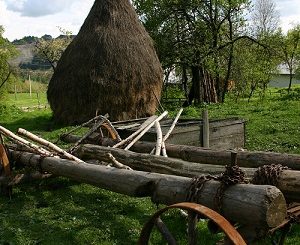
According to recent figures released by Eurostat, Romanian agriculture is highly unbalanced. That is not the big surprise. In the last 20 years the country’s agricultural landscape was in a continuous transformation; agrarian reforms without a long term vision, real estate and agribusiness “cowboys” from all over the world speculating on low prices, productions focusing mostly on export commodities…all in a country of peasants versus their institutional neighbours. The surprise lies in how different stakeholders interpret these figures. Let’s have a look. According to the EU analysis, Romania is the 8th agricultural power of Europe and for the year of 2014 has an agricultural production estimated to 15.5 billion Euro (1160 Euro/hectare). Poland was the only other ex-communist country which outranked Romania having a 22.5 billion Euro (1660 Euro/hectar) production. The top ranks go to France, with its 70.5 billion Euro and Germany – 51 billion Euro production. Where is the great unbalance? Crop production amounts for 73% of the total, 26% being attributed to animal farming and only 1% represents agricultural services. On the […]
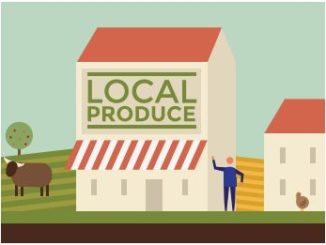
EU Citizens want local food but governments are not doing enough to help, Friends of the Earth Europe’s new report reveals. […]
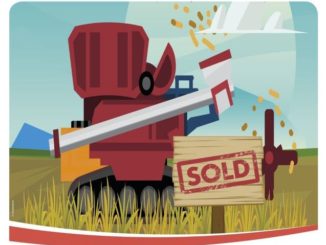
Terra De Liens’s Veronique Rioufol reports from the EESC Committee on Land Grabbing’s Public Hearing […]
Agricultural and Rural Convention